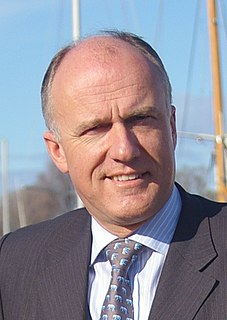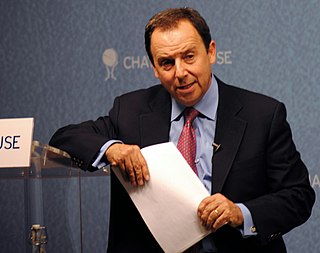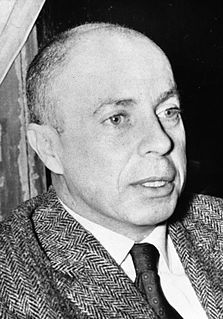A Quote by Winston Churchill
The power of the Executive to cast a man into prison without formulating any charge known to the law and particularly to deny him the judgement of his peers is in the highest degree odious and is the foundation of all totalitarian government whether Nazi or Communist.
Related Quotes
If it is not totalitarian to arrest a man and detain him, when you cannot charge him with any offence against any written law – if that is not what we have always cried out against in Fascist states – then what is it?… If we are to survive as a free democracy, then we must be prepared, in principle, to concede to our enemies – even those who do not subscribe to our views – as much constitutional rights as you concede yourself.
Whether lawyer, politician or executive, the American who knows what's good for his career seeks an institutional rather than an individual identity. He becomes the man from NBC or IBM. The institutional imprint furnishes him with pension, meaning, proofs of existence. A man without a company name is a man without a country.
What the working man sells is not directly his Labor, but his Laboring Power, the temporary disposal of which he makes over to the capitalist. This is so much the case that I do not know whether by the English Law, but certainly by some Continental Laws, the maximum time is fixed for which a man is allowed to sell his laboring power. If allowed to do so for any indefinite period whatever, slavery would be immediately restored. Such a sale, if it comprised his lifetime, for example, would make him at once the lifelong slave of his employer.
Things like Kitchen Cabinet, I'm not sure they necessarily tell the Australian people whether you have judgement, whether you have discernment, whether you have intellectual acuity, whether you are able to develop policy, whether you are able to represent individual cases to the highest levels of government successfully and in a manner that actually achieves outcomes.
If you can impress any man with an absorbing conviction of the supreme importance of some moral or religious doctrine; if you can make him believe that those who reject that doctrine are doomed to eternal perdition; if you then give that man power, and by means of his ignorance blind him to the ulterior consequences of his own act,-he will infallibly persecute those who deny his doctrine.
Compelling a man by law to pay his money to elect candidates or advocate law or doctrines he is against differs only in degree, if at all, from compelling him by law to speak for a candidate, a party, or a cause he is against. The very reason for the First Amendment is to make the people of this country free to think, speak, write and worship as they wish, not as the Government commands.
By right, as the word is employed in this subject, has always been understood discretion, that is, a full and complete power of either doing a thing or omitting it, without the person's becoming liable to animadversion or censure from another, that is, in other words, without his incurring any degree of turpitude or guilt. Now in this sense I affirm that man has no rights, no discretionary power whatever.
The President, who really had been mostly managing his one-man Barack Obama narrative and journey his whole life, without executive experience, certainly - he's not a governor. Some governors, of course, they have experience in executing power, which is something fairly unique, actually, in government. And he has, neither, a set of nourishing experiences.










































